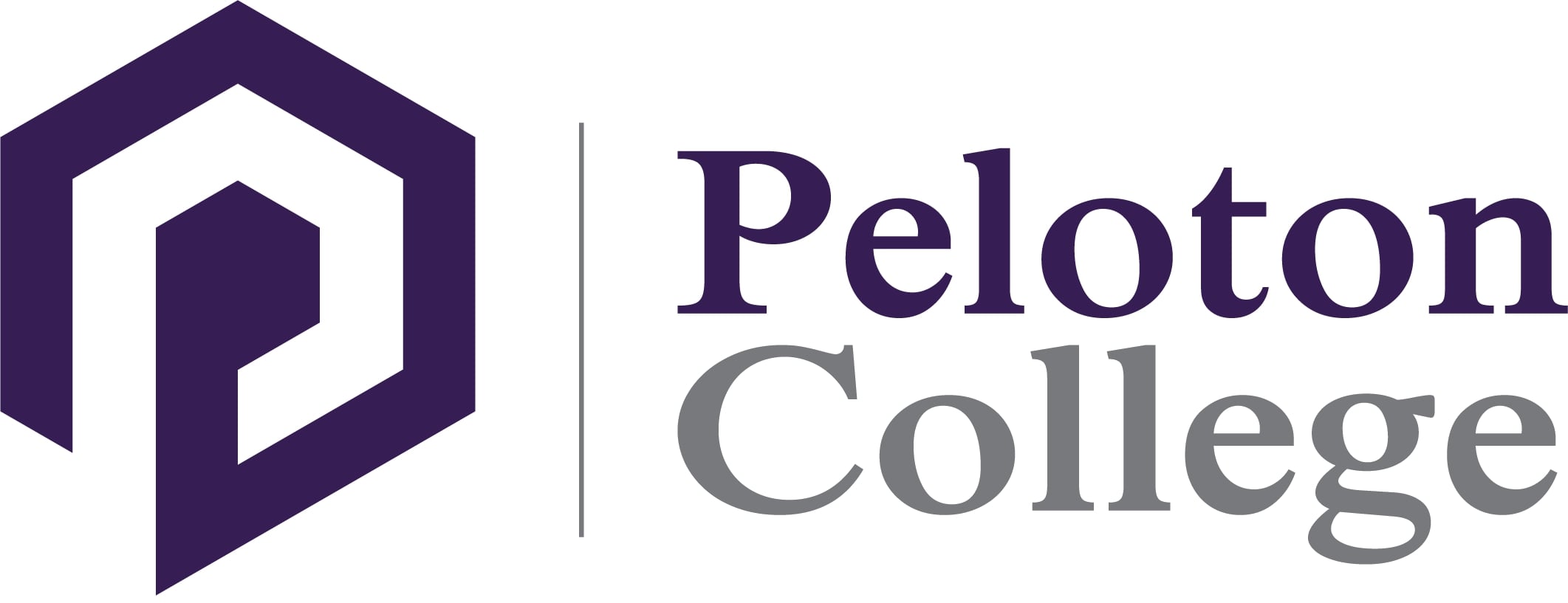Where Can Medical Assistants Work?

Medical assistants are fixtures in doctor’s offices, but as more employers recognize the unique blend of skills medical assistants bring to the table, opportunities in different medical environments are growing. Let’s take a closer look at where medical assistant work today and where they’ll be employed in the near future.
What Does a Medical Assistant Do?
Medical assistants are trained to manage a broad array of clinical and administrative tasks in healthcare settings. Supervised by doctor’s nurses or office administrators, their responsibilities vary by setting and job description but usually include:
- Scheduling
- Answering phone calls
- Greeting patients
- Obtaining vital signs
- Assisting with treatments
- Collecting biological samples
- Phlebotomy
- Performing diagnostic tests, such as EKGs and urinalyses
- Billing and coding
- Ordering medical and office supplies
- Stocking shelves
- Sterilizing instrument
- Handling referrals
- Managing medical records
- Patient and family education
Although medical assistants can do both clinical and clerical tasks, some prefer one to the other. One of the best parts about being a medical assistant is the flexibility. Whatever your aptitudes, there’s a perfect role for you.
Where Can Medical Assistants Work?
Until recently, most medical assistants were employed by private practices, but trends are changing. According to the U.S. Bureau of Labor Statistics, only 57-percent of medical assistant are employed by doctors. The rest work in hospitals, outpatient care centers, chiropractic offices and other medical facilities.
Duties for medical assistants are similar across most healthcare settings, but others are unique to these specific work environments:
Doctor’s Offices
A medical assistant’s versatile skills are a perfect fit for busy private practices. You’ll tackle both clinical and clerical tasks, serving as a liaison between doctors and patients. Duties include:
- Communicating with patients
- Triaging phone calls
- Urgent scheduling
- Rooming patients
- Taking vital signs
- Updating medical records
- Performing diagnostic tests and verbal screenings
- Assisting with procedures and treatments
- Managing infection control
- Drawing blood
- Coding
- Filing and general office work
- Patient education
Working with a small team of dedicated professionals in an office environment, medical assistants employed in doctor’s offices care for a small group of regular patients with whom they form close therapeutic relationships over the years.
The work is consistent, but there are always surprises in store and new things to learn. If you enjoy the camaraderie of a small team, you won’t go wrong working in a private practice. It’s a close-knit and supportive environment.
Opportunities to specialize are available. You can turn your passion for geriatrics, pediatrics, and women’s health into a dynamic career serving a specific patient population. Trained to draw blood and perform EKGs, medical assistants are valuable in cardiology offices. You can also become certified in one type of medicine or embrace the flexibility of the field. Medical assistants are in the driver’s seat.
Hospitals
Medical assistants employed in hospitals typically work as unit clerks or in outpatient departments. Patients are sicker, so duties are more administrative than clinical. On an inpatient unit, you’ll support patients and nursing staff by:
- Handling family inquiries
- Stocking supplies
- Organizing health records
- Preparing admission and discharge paperwork
- Coordinating ancillary services for patients
- Ordering supplies
In an outpatient department, such as a day surgery unit, you’ll handle admissions and discharges so that the clinical staff can focus on procedures. Tasks may include:
- Scheduling
- Patient prescreening
- Collecting biological samples
- Updating medical records
- Gathering billing information
- Hospitality and concierge services
- Managing the waiting area
In an acute care facility, you’ll perform less personal care but see a higher number of patients and once-in-a-lifetime cases that you won’t encounter in a doctor’s office. And if you enjoy variety, hospitals offer a wide range of opportunities for medical assistants in different departments. A fast-paced setting in which the unpredictable happens daily, hospitals are an ideal work environment for medical assistants who crave excitement.
Outpatient Facilities
Smaller than hospitals but larger than doctor’s offices, outpatient clinics make the most of an medical assistant’s many skills. Teams are smaller, so everyone is a jack-of-all-trades.
In an urgent care clinic, for example, you might:
- Manage the schedule
- Check in patients
- Take vital signs
- Handle phone calls
- Draw blood
- Perform tests
- Help with exams
- Fill out insurance claims
- Fax referrals
- Order supplies
- Oversee the waiting area
- Filing and general office work records
- Billing and coding
If you want to use the full range of the skills you learned in school, working in an outpatient care center lets you spread your wings.
Chiropractic Offices
Medical assistants interested in holistic health may like working for a chiropractor. Duties are similar to those in a traditional physician’s office but are more clerical than clinical because of the type of patients a chiropractor sees. You may take vital signs, for example, but you won’t draw blood. Instead, you’ll:
- Schedule appointments
- Check in patients
- Update medical and financial records
- Handle referrals
- Assist with x-rays and physical exams
- Collect payments
- Submit insurance claims
- Manage inventory
Chiropractic offices are an excellent work environment for medical assistants with administrative or business expertise. In small practices, medical assistants may take on managerial responsibilities. From scheduling to filing insurance claims, you’ll guide patients through their visits from start to finish. It’s a relaxing environment and a rewarding role.
Long-Term Care Facilities
Much of America’s aging population will spend their golden years in supervised residential environments, like assisted living centers and nursing homes, where they can access both medical and custodial care.
Personal care is delegated to nurses, nursing assistants and medication technicians, but roles are evolving for medical assistants. What you’ll be allowed to do legally is defined by state law, but in general, you’ll bridge the gap between medical and residential services. Responsibilities may include
- Scheduling doctor’s appointments and transportation for residents
- Giving tours to patients and families
- General recordkeeping
- Ordering supplies
- Assisting with resident finances
- Billing and coding
The family-like atmosphere in long-term care centers may appeal to medical assistants who want to make a difference in the lives of others. Medical assistants have an impact wherever they work, but seniors are more dependent on a helping hand. The staff works together to create the most home-like environment possible. It’s more of a mission than a job.
Laboratories
Medical assistants are trained phlebotomists qualified to work in laboratories. Additional certifications may be required to draw complex blood samples in hospitals, but not in all settings. Independent laboratories, research centers, and insurance companies hire medical assistants to draw blood, process samples and perform clerical duties.
Medical assistants working in a hospital lab may assume more administrative responsibilities. Even if they don’t draw blood, they know how to, so that gives them unique insight into the process. Duties include:
- Greeting patients
- Monitoring the waiting area
- Reviewing test requisitions
- Following up on doctors’ orders
- Processing and shipping samples
- Sanitizing equipment
- Ordering supplies
- Stocking shelves
- Entering test results into medical records
- Filing and EHRs
- General recordkeeping
Working in a lab is a great opportunity for medical assistants with an aptitude for science and technology.
Insurance Companies and Billing Services
Health insurance companies and medical billing services are always in need of employees who understand billing and coding. Billing specialists often fill these roles, but medical assistants have more clinical knowledge, so they’re a better fit for some jobs. These positions are perfect for medical assistants with prior business and accounting experience. In this role, you’ll:
- Code insurance forms
- Send invoices
- Track payments
- Answer patient and provider inquiries
- Research billing errors
- Reconcile accounts
- Audit records
- Light accounting
How Can You Become a Medical Assistant?
Although some medical assistants work up the ladder of years of clerical duties, most medical assistants have a two-year associate degree or a vocational school diploma, so employers expect it. Certification requires higher education, so getting a diploma gives you a competitive advantage when applying for jobs.
Diplomas are becoming increasingly more popular as students look for efficient, affordable, and flexible training options. Vocational schools offer the same benefits as colleges for less, including financial aid and career services. You’ll graduate in a fraction of the time of students in degree programs while qualifying for the same certifications and jobs.
How Long is a Vocational School Medical Assistant Training Program?
Students attending full-time can graduate from a medical assisting program in just nine months. Training is a blend of classroom instruction and hands-on experience. Programs are short but no less comprehensive. There are no unnecessary elective courses, only classes that contribute to your practical skills as a medical assistant. Most schools also offer part-time training options, but programs will take longer to complete.
Final Thoughts
The demand for medical assistants is strong and growing. Whether you want a challenging job or a work environment you’ll feel comfortable in, few fields offer as many diverse opportunities as medical assisting. Learn more about how Peloton College can help you become a medical assistant today.
Want to Learn More?
The objective of this Medical Assistant training program at Peloton College is to prepare the student for employment as an entry-level Medical Assistant performing administrative, clerical, and clinical duties within the health care field.
The mission of Peloton College is to be the premier provider of hands-on training and education by providing students and graduates with the necessary skills to secure occupational careers. Contact us today to learn more.



